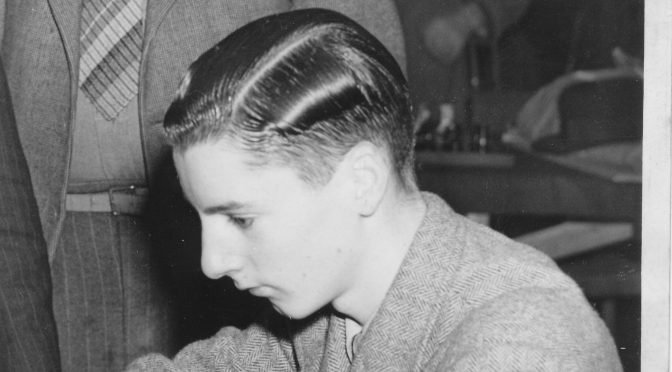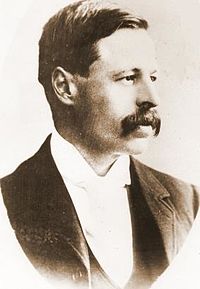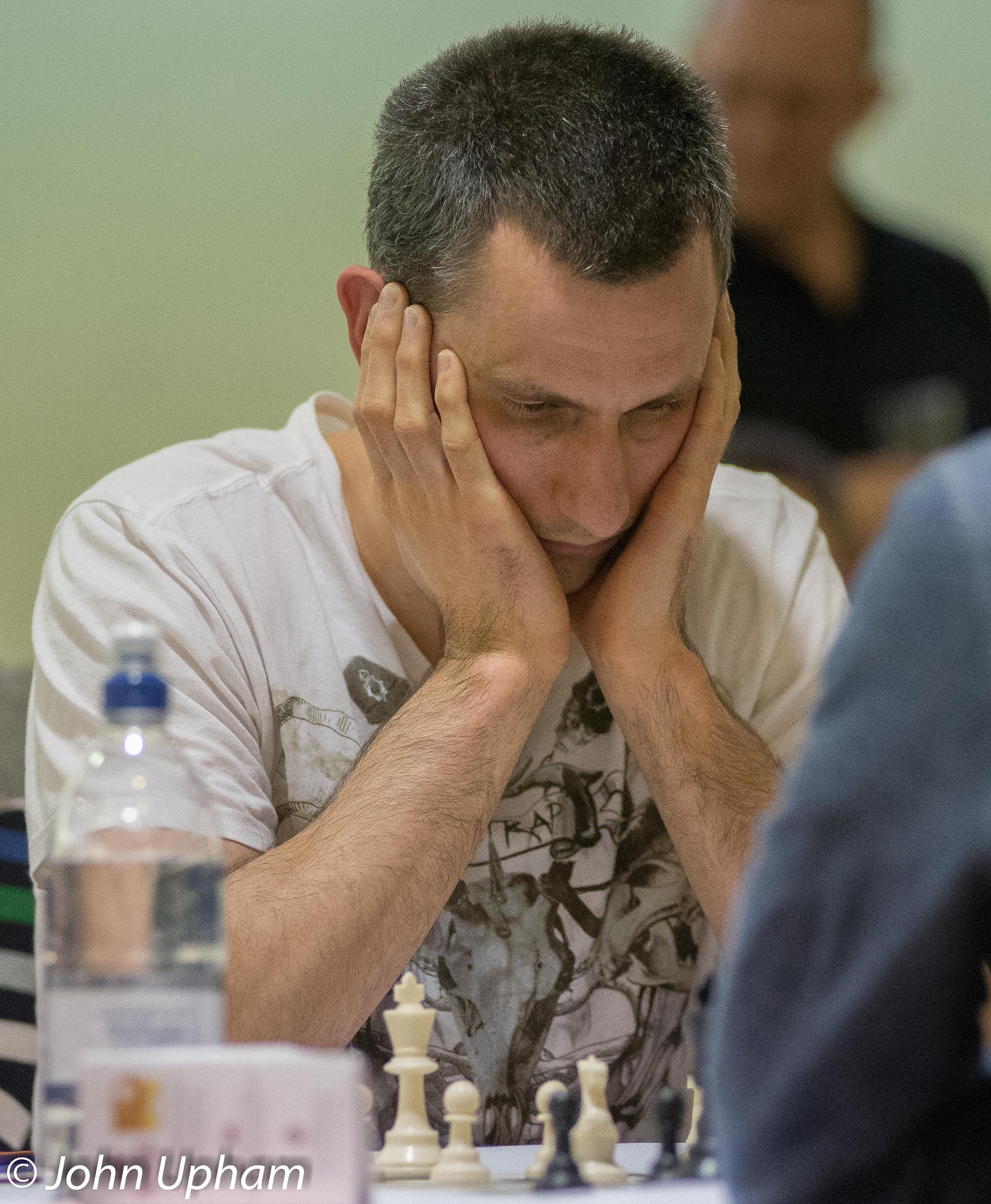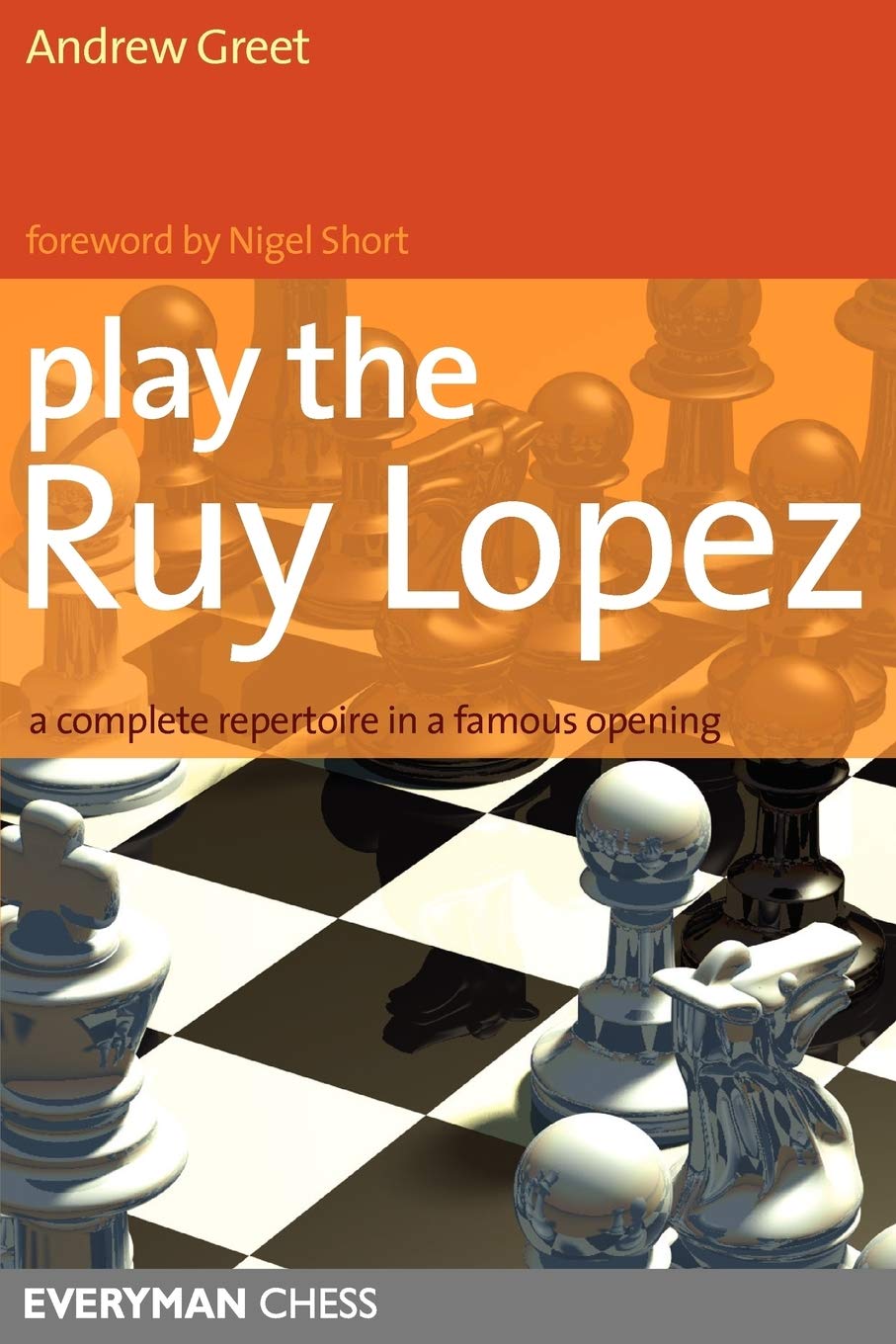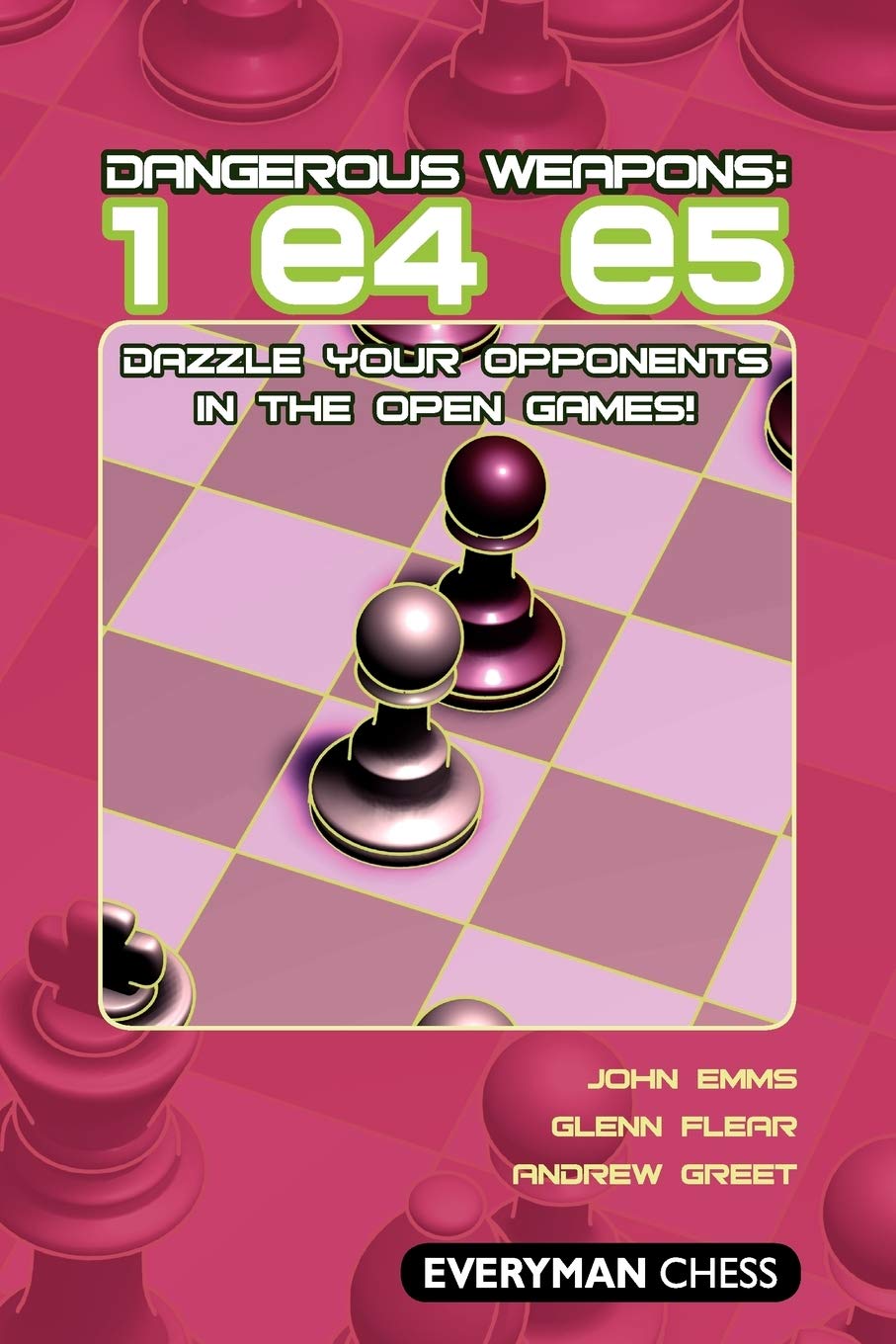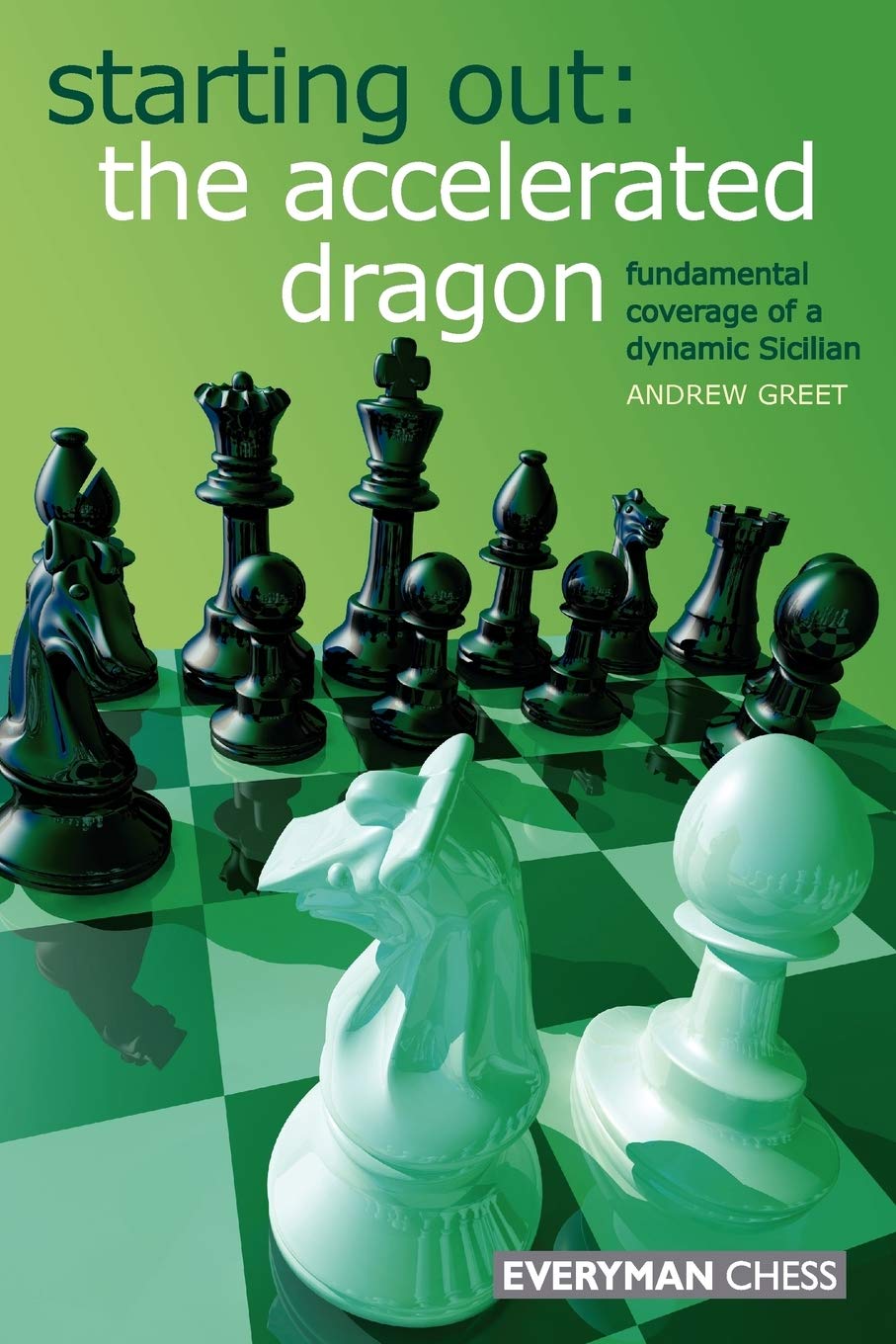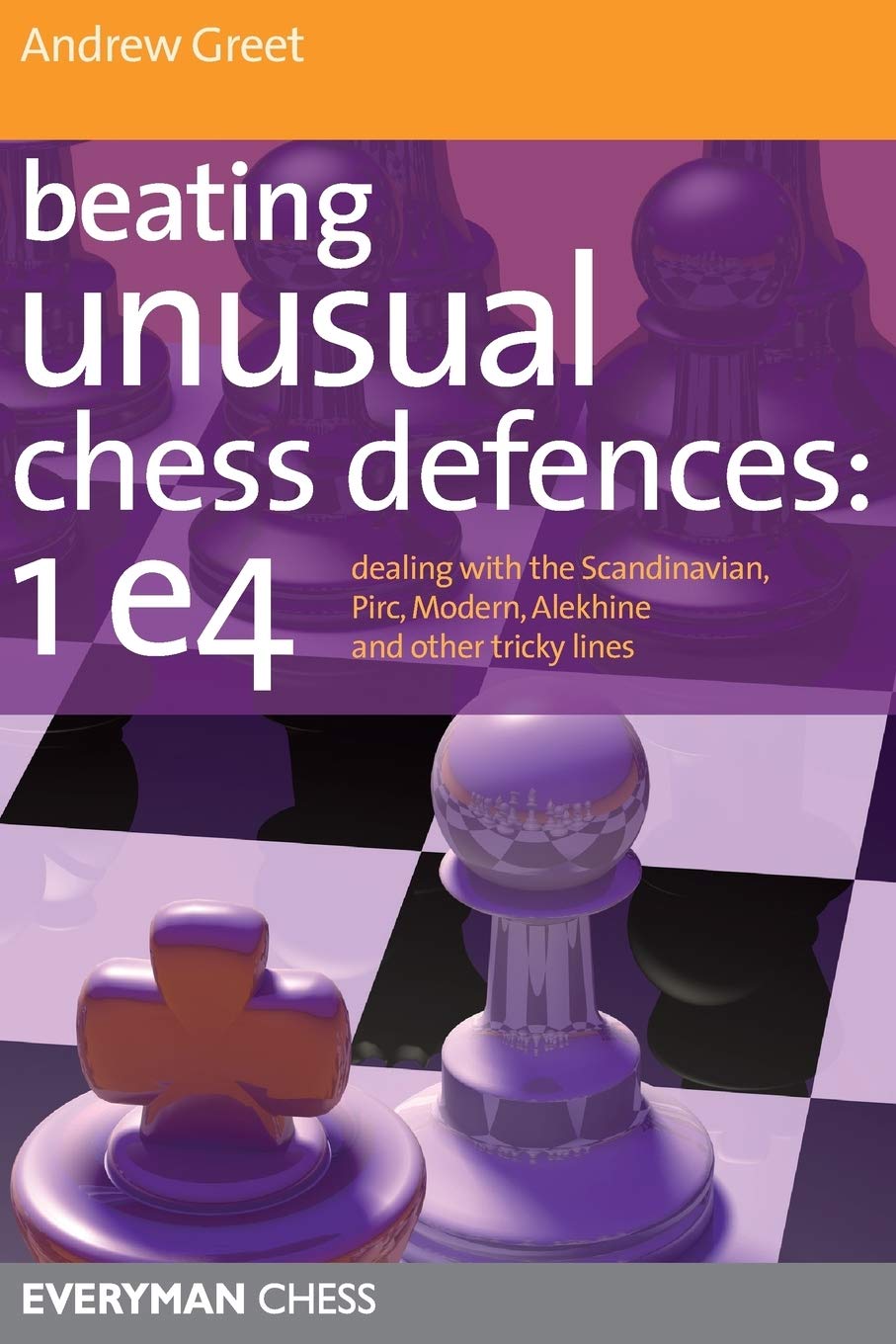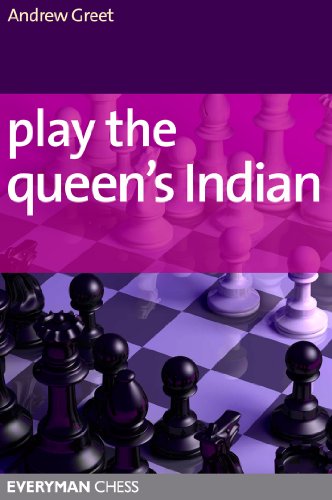
BCN Remembers Julius du Mont (15-xii-1881 07-iv-1956)
Here is his Wikipedia entry
From British Chess Magazine, Volume LXXXVI, Number 5, 1956 we have this obituary written by DJ Morgan :
In our February issue we wrote an appreciation of one of the distinguished past editors of this magazine, R. C. Griffith. He had been followed in the chair in 1938 by our present Games’ Editor, and when he, in turn, was called in 1940 to sterner duties, he was succeeded by Julius du Mont. During the war years, and through the difficult post-war period, till 1949, he held the reins. As we wrote on another occasion, “His had been difficult years: the “B.C.M.” had survived when so much else had succumbed during the stress and strain of total war.” lt is with regret that we now record his death on April 7th, in a Hastings nursing home, at the age of seventy-four, after a protracted illness.
du Mont was born in Paris-a little-known fact which he himself once disclosed to us-on December 15th, 1881. lt was there also that he received his education. His early bent and ambitions were musical. The tradition that chess and music have a close relationship may be traced as far back, at least, as Philidor’s great eminence in both. du Mont was truly in the line of such dual personalities. He pursued his musical studies at the Frankfort-on-Main Conservatoire and at Heidelberg, and soon became established as a concert pianist.’ Later he achieved great success as a music teacher, and among his pupils was the well-known concert pianist, Edna lles. The French and German background also explains his facility as a linguist.
He came to England as a young man and brought with him a considerable talent for chess. Settling in London, he rapidly improved as a player, and successes followed. At the Kentish Congress, Tunbridge Wells, 1912, he came equal second and third. He was Champion of the strong Hampstead Club for two years, and Middlesex Champion in 1913 and 1915. He quickly mastered our language and showed this during the First World War by writing a manual on the Lewis gun. After the war, music kept its place in his life, but more and more chess became his main activity. He forsook playing and turned to journalism and authorship, and his output of books is evidence of his gifts and industry. Titles come readily to mind: Chess Openings lllustrated, Centre Counter Defence (1919) and Centre and Danish Gambit (1920); The Elements of Chess (1925) ; Ihe Basis of Combination in Chess (1938) ; 200 Miniature Games (1941); More Miniature Games (1953); (with Dr. Tartakower) 500 Master aomes of Chess, two volumes (1952), to which was added a third volume in 1954, 100 Master Games of Chess. He also translated Edward Lasker’s Chess Strategy, and Alekhine’s two volumes of My Best Games of Chess (the first with M. E.Goldstein).
The wealth of material ready to hand combined with a foreigner’s gift of lucid expression in “the other tongue” made his books very popular. To the great value and importance of these books, a whole generation of chess-players will readily testify.
For some years, du Mont was chess editor of The Field and of The Manchester Guardian. During the last war he organized chess championships for the Armed Services. We pay tribute to his services to the game, to his many kindnesses and friendships to its players, and, in particular, to his devotion to this magazine.-D. J. M.
D. C., who enjoyed a long friendship with our late Editor, writes to us as follows-
By the death of J. du Mont, the chess world has lost an eminent and popular personality. That this popularity was well deserved will be apparent even to those who knew him only slightly.
Essentially kind, he performed many generous acts, and having, by his own efforts, become the best-known British writer on chess, he not only filled this position with modesty and dignity, but was liberal in the help he gave to those starting on the road he had so successfully followed.
In the tournament room-where his presence was always welcome-he was invariably quiet and courteous, and although gifted with a fine wit, he never used it
unkindly. He *as an excellent companion, and players at many congresses will recall the happy times they spent in their visits to him at all hours of the evening. It is sad to think that these gatherings have now irrevocably reached their end: to quote A. E. Housman’s beautiful lines-
They come and were and ore not
And come no more anew.
But as long as a literature of chess remains, the name of Julius du Mont will not be forgotten. His many friends, however, have no need of his writings in order to keep alive their memory of him.
In Chess Secrets I learned from the Masters, Edward Lasker, Hollis and Carter, 1952 :
J. DuMont became the author of a number of interesting monographs on chess openings, and for many years he was the Editor of the British Chess Magazine. It was he who translated my own translation of Schachstrategie which I attempted in the summer of 1913. Naturally, my English was not fit to be printed. DuMont had to rewrite everything I had written, and except for his untiring labors Chess Strategy might never have been published. He gave the book a certain literary flavor, which no doubt added greatly to its popularity. It went into fourteen printings before it was replaced by Modern Chess Strategy in 1945.
DuMont was a pianist of note and I took lessons from him; however, the time I took from my chess activities to practise the piano was shamefully meagre. No wonder I have been told more than once that as a pianist I am a good chess player.”

